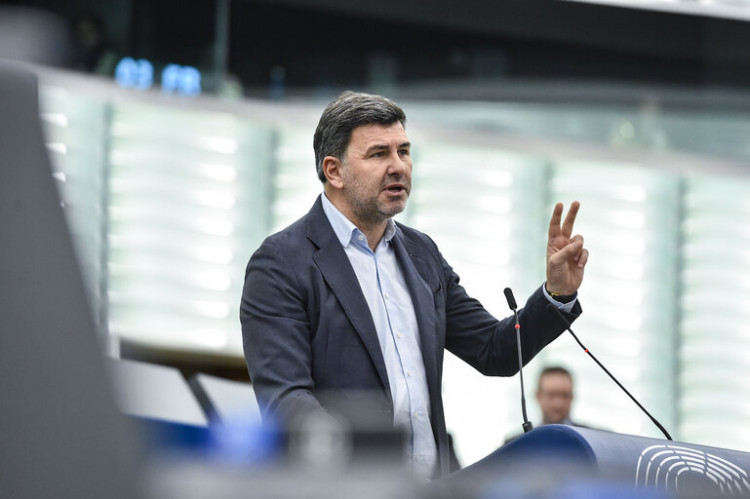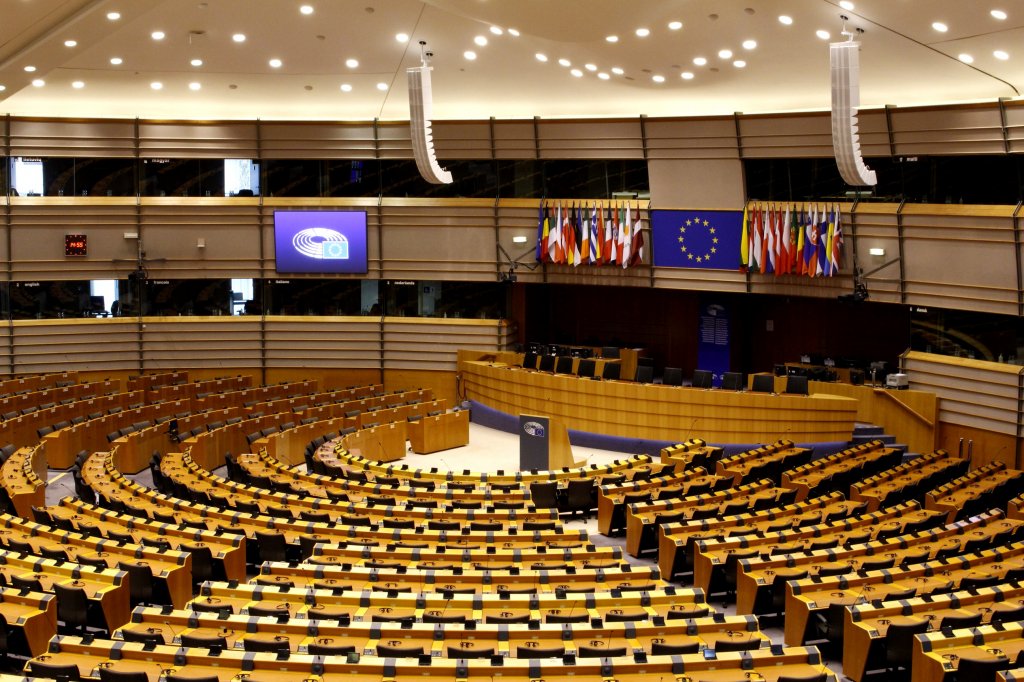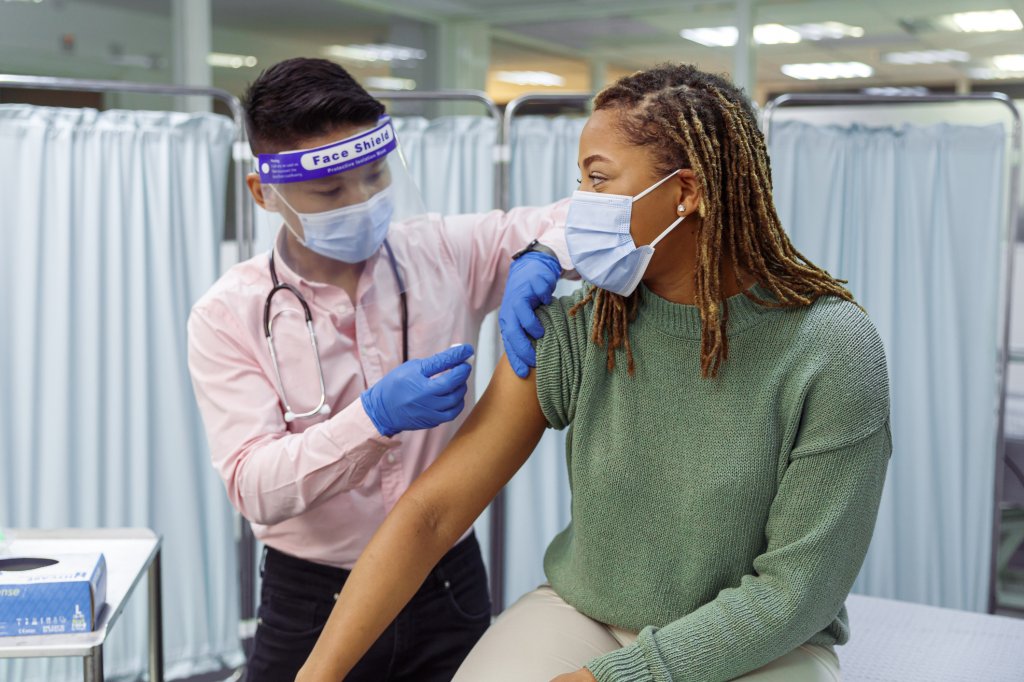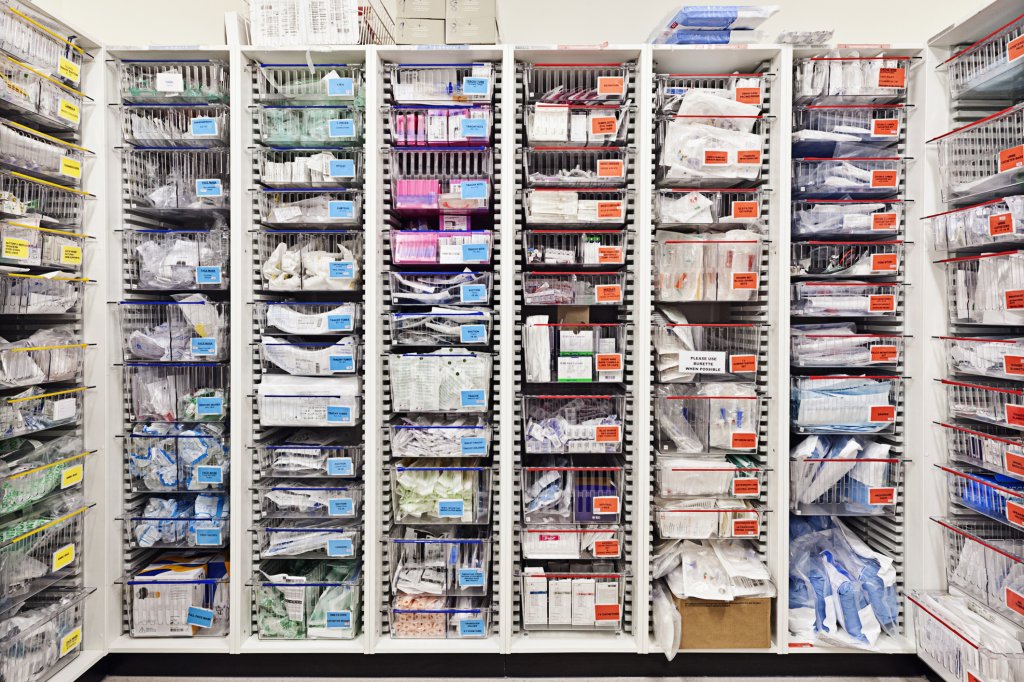In 2017, former President of the European Commission Jean-Claude Juncker presented his White Paper on the Future of Europe: Reflections and Scenarios for the EU27 by 2025. Presenting 5 potential scenarios for the future of the EU, alarm bells went off within the European healthcare community as the potential of doing less or even ceasing the Union’s work in public health were presented as options.
Fast-forward four and a half years, and we live in a completely different EU, where health is at the top of the policy agenda. With COVID-19 catalysing conversations around the importance of cross-country collaboration in healthcare matters across the Union, it is now clearer than ever that Juncker’s scenario is – at least for the coming years – a thing of the past.
At the European Parliament level, traditionally salient figures in healthcare policy like Peter Liese (EPP, Germany) or Sara Cerdas (S&D, Portugal) have remained strong champions, advocating for the Union to play a key role in guiding and coordinating member states in this area. However, with more and more files coming through to consolidate the EU’s leadership in healthcare, as well as cross-sectoral files with an important impact on the sector, the rise of emerging leaders in this policy area has been witnessed.
Hanover Health’s Alicia Rojo Santos spoke with Nicolas Gonzalez Casares – one of the rising stars in European healthcare policy. Elected in 2019, Gonzalez Casares is a Spanish member of the S&D group and a nurse by profession. Substitute in the Committee on the Environment, Public Health and Food Safety (ENVI) and member of the Committee on Industry, Research and Energy (ITRE) and the former Special Committee on Beating Cancer (BECA), his leadership in healthcare policy was recently highlighted through his work as Rapporteur on the European Medicines Agency (EMA) file to reinforce its role. This piece of legislation, which was just adopted last month, is a major milestone for the European Health Union.
Alicia: Bienvenido, Nicolas and thanks for your time! Let’s start with an easy question. Tell us a bit about your ambitions and interests in the European healthcare policy space. Are there any particular developments in the coming months you’re particularly keen on?
Nicolas: Thank you for the invitation. If one looks back, no one would have thought in 2019 that we were going to suffer a pandemic like the one we are still suffering. Therefore, we must be cautious here. Having said that, and apart from the pandemic and the European vaccines strategy, of course, all the legislative development linked to the pharmaceutical strategy -for example, the legislation on orphan and paediatric medicines-, the development of the Beating Cancer Plan and, specifically, the review of the tobacco legislation will be crucial.
IF A LESSON HAS BEEN LEARNED FROM THIS PANDEMIC IT IS THAT THERE IS A NEED FOR MORE EUROPE TO PLAY A GREATER ROLE IN THE FIELD OF HEALTH.
Alicia: The current prioritisation of healthcare in the European policy agenda is, of course, a positive development. We are seeing substantial moves to achieving a true European Health Union. However, due to the limited competencies of the EU in healthcare policy, it can be a bit challenging to find a good balance between ambition and successful policymaking. What do you think is the way forward to strike the right balance?
Nicolas: It is a difficult question because European competencies in health matters are very clearly defined in the treaties. Even so, if we have learned anything during this pandemic, it is that more decisive action by the Union in health is necessary, firstly because it gives us the necessary scale, and secondly because it ensures fairer, more equal treatment of all EU citizens. The vaccination strategy that I like to call “One for All Moment” is the best example of this. But, as you rightly point out, the first thing is to complete the Health Union. And, to do that, we need to take more steps forward, first of all, by stress testing European health systems to identify problems, gaps and where the EU can add value. And on more concrete issues, to go further in relation to HERA: I would like to see a fully-fledged agency, not a unit within the Commission without further oversight and involvement of the European Parliament.
Alicia: An interesting trend we have been increasingly witnessing has been the tendency to move towards horizontal policymaking, acknowledging the fact that major policy developments will have an impact across various sectors and a holistic approach needs to be taken. What do you think are the risks and benefits of this approach to policymaking? Do you believe that specific intricacies of sectors such as healthcare can be successfully covered by such an approach?
Nicolas: In my view, horizontal approaches are always welcome, given that there are elements that are beyond the scope of sectoral legislation. Think, for example, of the Union’s industrial strategy: it is unthinkable to correct some of the failures detected during the pandemic in terms of shortages of medicines or medical devices without touching the areas of trade policy or industrial capacities. Or the Beating Cancer Plan, where we need to address everything from R&D to the marketing of specific treatments in the Member States. Horizontal approaches are therefore positive in that they allow us to address the problems from their various angles, which does not exclude specific legislation: eliminating smoking requires a reform of the specific rules on the content of tobacco products, but also on taxation, promotion, etc.
Alicia: Let’s speak about the EMA file you have been working on. What is, in your opinion, the greatest success that has been achieved through your and your colleagues work at the Parliamentary level?
Nicolas: The pandemic has shown that the Union and its Member States were not prepared to face a challenge of this magnitude. Agencies such as the EMA did not have an adequate mandate or sufficient resources. With the new regulation, we are correcting shortcomings and strengthening the EMA’s capacity to deal with future health crises.
There are three key areas where we have made great progress: First, we reinforced the transparency of both the Agency and all actors in the supply chain of medicines and medical devices, strengthening the involvement of professionals and patients, and fostered cooperation between EU agencies. Secondly, we paved the way to promote clinical trials for the development of vaccines and treatments, reinforcing transparency in these procedures. And thirdly, with the new European Monitoring Platform, we created a key tool to monitor the supply of medicines and prevent shortages. This is a major achievement, a hard-won compromise given the Council’s reluctance, but one whose benefits we will see very clearly in the years to come.
Alicia: Following on from the previous question, the Parliament’s proposal has been key not only in adding transparency to what the Commission had initially envisioned, but also ensures that processes are collaborative, involving a wide range of actors, such as in the Medicines Steering Group. What do you believe is the role of the pharmaceutical industry in pre-empting and overcoming future public health emergencies?
Nicolas: There is no doubt that they play an essential role, given that they are the ones who have the R&D, clinical trial and industrial capabilities to deal with situations of this magnitude. I believe that, in general, the industry has been up to the task in an extremely serious situation such as that experienced with COVID-19 and I believe that the framework created with the EMA regulation is essential to ensure even closer, more coordinated collaboration between the public and private sectors. Finally, I don’t want to forget that we are talking about health emergencies in a planetary dimension, so we should think that solutions, such as vaccines, should be available for all mankind.
Alicia: As communications on the European Health Union have made clear, this ambition is now not only about dealing with crises but also about improving European health systems with deeply rooted, long-term challenges that have been struggling beyond the impact of the pandemic. How do you think a stronger role for the EMA will help with this wider objective?
Nicolas: Well, that is precisely what we have tried to do with the new EMA regulation: to give it powers, and tools, to deal with this kind of situation. For example, with the medicines monitoring platform, which should serve as a system to prevent shortages. But this was a regulation limited to crisis management: now the EMA’s basic regulation must be addressed and we must see, for example, whether, as in many member states, it is necessary to expand its competencies to the field of medical devices, for which it is not currently competent.
Alicia: Let’s now move to a new development closely linked to the EMA, which has raised many opinions lately: the establishment of HERA. There are questions around this and how it will work in practice to ensure that it does not overlap with the EMA, notably on crisis and shortages management. How do you see these two entities working on that and does this mean that we should anticipate refinement of their mandates in a foreseeable future?
Nicolas: The biggest problem with HERA is conceptual: the Commission told us that it was working on a proposal for a European BARDA and what it has put on the table is a new unit within the Commission. We will work with the HERA, we will trust in its capacity to act but, frankly, what we expected in the Parliament and also in many Member States was an agency up to the challenges faced in this pandemic. And HERA is far from being anything like that. So, yes, certainly, I think we should expect in the near future changes in this area.
Alicia: Centralising processes at the European level to ensure consistency and equality in how member states approach the delivery of healthcare services is a recurring theme we are witnessing. The impact on smaller states with less-established approaches and less developed infrastructure is extremely beneficial, but some of the bigger member states have shown reticence in handing over some of their power to the EU, as witnessed with the upcoming HTA regulation. What would you tell those bigger countries that might feel some scepticism?
Nicolas: I would like to believe that the Member States have learned something from the COVID-19 pandemic. Because, if a lesson has been learned from this pandemic it is that there is a need for more Europe to play a greater role in the field of health: we all recall the multiplicity of initial national responses, border closures, refusals of assistance in response to the demand for medical equipment… and this must not happen again. Let’s be honest: approximately 70% of emerging diseases and almost all known pandemics are zoonoses. These diseases have increased over the last 60 years and there are more and more zoonotic pathogens as a result of human activity and ecological footprint. Therefore, what happened with COVID is something that can happen again and we must be prepared for it. The crucial thing is to ensure the best protection of the health of our citizens, not where the competences lie.
Alicia: And last but not least – what do you consider are the top three challenges in European healthcare policy that we will have to keep an eye on throughout 2022?
Nicolas: Difficult question but there are some important projects underway, such as the revision of the general pharmaceutical legal framework, the revision of the EU legislation on medicines for children and rare diseases, the revision of the legislation on supplementary protection certificates and, even though it’s not a legislative proposal, the update of the recommendation on cancer screening. Let’s see also what will happen with all the negotiations around the Pandemic Treaty in the WHO. Regarding the WHO, EU and member states, we should define what we expect in future from this necessary institution.










